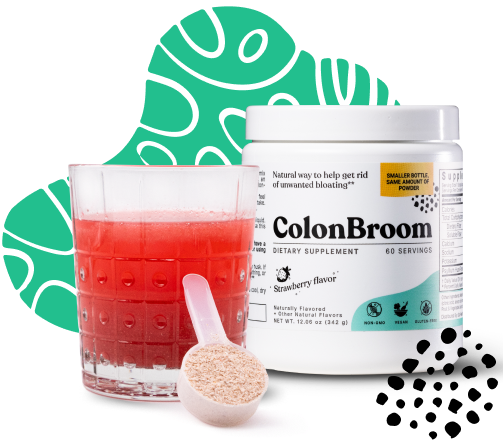In the fast-paced world of 2024, women are increasingly prioritizing their health and well-being. A key aspect of this endeavor is adopting a balanced and nutritious diet that caters to the unique nutritional needs of women. This comprehensive guide aims to provide valuable insights and practical tips for women looking to embrace a healthier lifestyle through mindful and intentional eating.
Understanding the Foundations: Key Nutrients for Women
1. Essential Vitamins and Minerals
Ensuring the adequate intake of essential vitamins and minerals is paramount for women’s health. Incorporating a variety of colorful fruits and vegetables into your daily diet is a surefire way to obtain a spectrum of nutrients. These include vitamins like A, C, and E, as well as crucial minerals such as calcium and iron. These nutrients play pivotal roles in supporting immune function, maintaining bone health, and promoting skin elasticity.
2. Protein Power
Protein is the building block of life, and for women, it plays a crucial role in supporting muscle health, hair, and nail growth. Opt for lean protein sources such as chicken, fish, tofu, and legumes to ensure a well-rounded intake. This not only aids in maintaining a healthy weight but also contributes to satiety, preventing unnecessary snacking.
Tailoring Your Diet to Life Stages
1. Adolescence and Young Adulthood
During adolescence and young adulthood, women experience rapid growth and development. Adequate calcium intake is crucial for building strong bones, reducing the risk of osteoporosis later in life. Incorporating dairy products, leafy greens, and fortified foods can help meet these calcium needs. Additionally, fostering a positive relationship with food during these formative years sets the stage for a lifetime of healthy eating habits.
2. Pregnancy and Motherhood
For expectant and new mothers, nutrition takes center stage. Ensuring an ample supply of folate, iron, and omega-3 fatty acids is vital for the development of the baby’s brain and overall well-being. Incorporating foods like avocados, nuts, and leafy greens can contribute to a well-rounded prenatal diet.
3. Menopause and Beyond
As women transition through menopause and beyond, hormonal changes can impact metabolism and bone health. Prioritizing calcium-rich foods, whole grains, and phytoestrogen-rich options like soy can help alleviate symptoms and support overall health during this life stage.
Navigating Dietary Preferences: Vegan, Vegetarian, and More
1. Embracing Plant-Based Lifestyles
With the rising popularity of plant-based diets, many women are exploring vegan and vegetarian options. Ensuring an adequate intake of plant-based protein sources, B12 supplements, and fortified foods is essential to prevent nutritional deficiencies. Plant-based diets can offer a plethora of health benefits, including improved heart health and lower cholesterol levels.
Practical Tips for Everyday Healthy Eating
1. Mindful Eating
Practicing mindful eating involves savoring each bite, being aware of hunger and fullness cues, and fostering a healthy relationship with food. This approach can aid in weight management and prevent overeating. Consider incorporating mindfulness techniques such as deep breathing or gratitude practices before meals.
2. Meal Planning and Prep
Efficient meal planning and preparation can significantly contribute to maintaining a healthy diet. Dedicate time each week to plan nutritious meals, ensuring a balance of macronutrients. Preparing items in advance, such as chopped vegetables, grilled chicken breasts, and whole grains, makes it easier to stick to healthy choices, even on busy days.
Staying Hydrated: The Overlooked Key to Health
1. Hydration Importance
While often overlooked, staying adequately hydrated is fundamental to overall health. Water plays a crucial role in digestion, nutrient absorption, and temperature regulation. Make it a habit to consume at least eight glasses of water a day and consider incorporating hydrating foods like watermelon and cucumber into your diet.
Final Thoughts: Holistic Approach to Women’s Health
In conclusion, adopting a healthy eating routine tailored to women’s specific needs is a powerful step towards overall well-being. By prioritizing nutrient-dense foods, understanding life stage requirements, and embracing dietary preferences, women can navigate the intricate journey of health with confidence.
Remember, the path to a healthier you is a journey, not a destination. Embrace the joy of discovering new flavors, experimenting with diverse recipes, and, most importantly, nourishing your body in ways that resonate with your unique needs.
By incorporating these tips into your lifestyle, you’re not just eating for today; you’re investing in a healthier and happier future.
Stay tuned for more insightful articles on health and wellness.



Leave a Reply